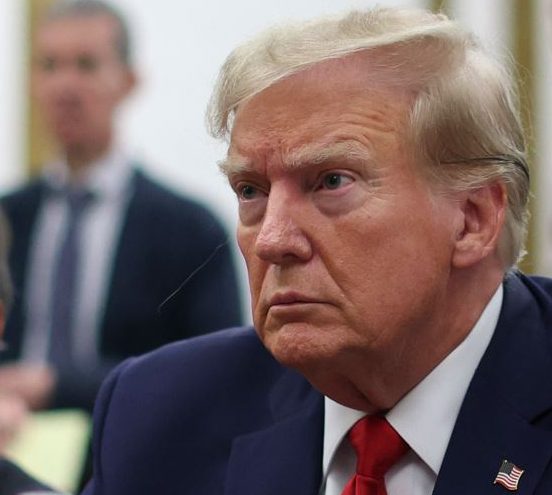US President Donald Trump’s decision to withdraw the United States from a landmark global corporate tax agreement on his first day in office has raised concerns among EU officials, who have expressed their “regret” over the move.
Within hours of taking the oath of office on Monday, Trump signed a series of executive orders that reversed several policies from his predecessor.
These included pulling the US out of the Paris Climate Agreement, withdrawing from the World Health Organization (WHO), and dismantling various international deals.
One of his key actions was exiting the Organization for Economic Co-operation and Development’s (OECD) global tax deal, which had been agreed upon by nearly 140 countries.
This deal introduced a 15% minimum tax on corporate profits.
Trump’s executive order also directed US officials to “investigate” whether other countries had or planned to enact rules that could disproportionately impact American businesses.
The order further tasked them with providing recommendations for retaliatory measures within 60 days.
EU economy commissioner, Valdis Dombrovskis, expressed regret over the decision, reiterating that the EU remains committed to its international obligations.
He emphasized the importance of dialogue with the new US administration to discuss the matter further and clarify both sides’ positions.
The Tax Justice Network criticized Trump’s actions, claiming that the executive order would force countries to relinquish their tax sovereignty over multinational corporations operating within their borders.
Alex Cobham, CEO of the organization, warned that the move could undo decades of tax policy reforms and revert global tax structures to a more exploitative era.
This action comes amid mounting tensions over trade, as Trump also floated the idea of imposing 25% tariffs on allies Canada and Mexico, starting February 1.
Canadian Prime Minister, Justin Trudeau responded firmly, warning that Canada would retaliate swiftly, matching US tariffs dollar for dollar if necessary.

















